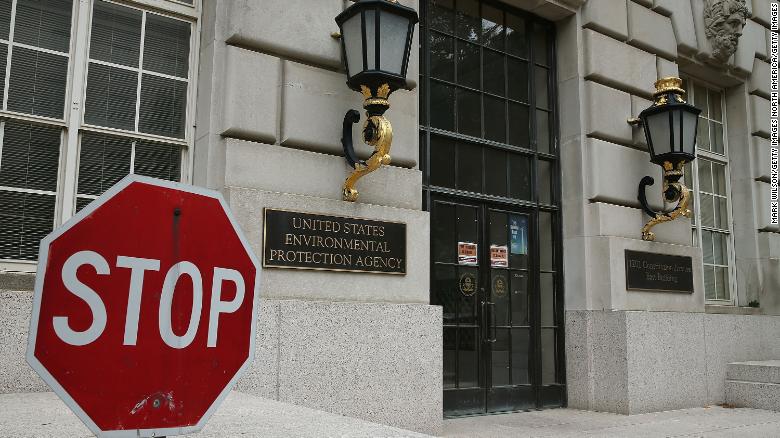Washington The Environmental Protection Agency on Monday declined to adopt stricter regulations on particle matter pollution, going against the recommendation of its own scientists to implement tougher standards, according to The Washington Post and The New York Times.
Administrator Andrew Wheeler, who was appointed by President Donald Trump, signed the standards on Friday, the Post said, citing conversations with two individuals familiar with the matter.
In doing so, the agency kept in place for five more years Obama-era regulations that set the annual particulate matter standard to 12 micrograms per cubic meter of air, according to the Post, which said EPA scientists “had recommended lowering the annual particulate matter standard to between 8 and 10 micrograms per cubic meter in a draft report last year, citing estimates that reducing the limit to 9 could save between 9,050 and 34,600 lives a year.”
The particles, which come from a litany of sources, including industrial operations, vehicle exhaust, power plants and smokestacks, according to the Post, “can enter the lungs and bloodstream, causing inflammation that can lead to asthma, heart attacks and other illnesses.”
CNN has reached out to the White House for comment.
The move by Wheeler to maintain current standards comes as Trump’s political appointees are finalizing an array of last-minute federal regulations ahead of Joe Biden’s inauguration, including a number of ones loosening existing environmental regulations.
But the move also comes amid the deadly coronavirus pandemic, which activists have pointed to in their efforts to get the agency to tighten the pollutant standards, “saying that a mounting body of scientific evidence links air pollution to lethal outcomes from respiratory diseases, including Covid-19,” according to the Post.
The paper said that an EPA advisory committee comprised of outside experts was divided on the issue, with some arguing for the tighter restrictions and others saying the current ones are “sufficient.”
Wheeler’s decision to keep the current standards in place could be particularly consequential for communities of color and poor communities, according to Michele Roberts, the national co-coordinator for the Environmental Justice Health Alliance, who told the Post that even if Biden tries to reverse the decision, its impact will still be felt.
“It’s not just a quick fix overnight. These communities are going to be breathing the same air for some time,” Roberts said, according to the Post. “People of color and the poor — that is who gets hit the hardest by this.”
Wheeler’s decision was also criticized by the Natural Resources Defense Council which urged Biden to reverse it once he takes office.
“This administration could have strengthened the limits on soot to protect our lungs and give people at the highest risk of dying from Covid-19 a better chance at fighting off this virus. But it chose not to — leaving the health of tens of millions of Americans at risk,” John Walke, the group’s clean air director, said in a statement.
>>>>
